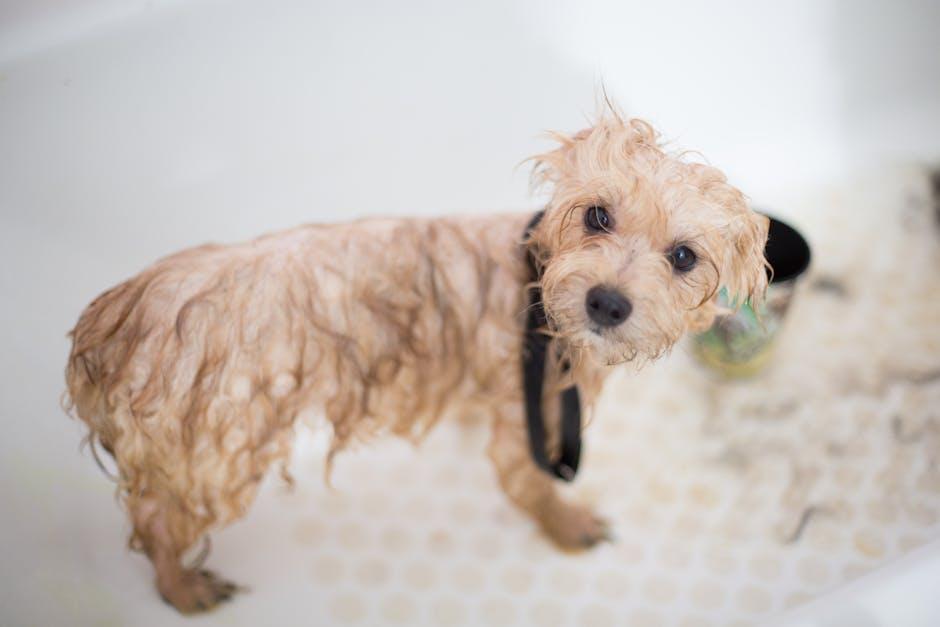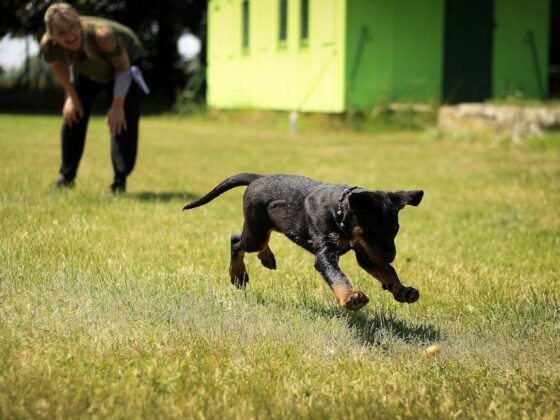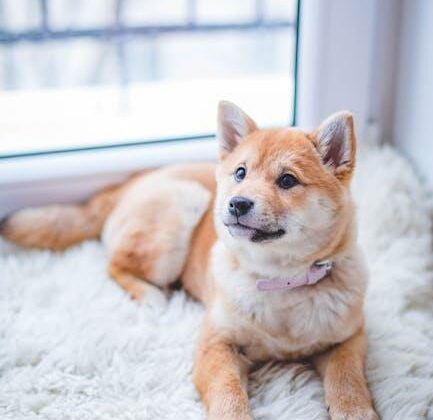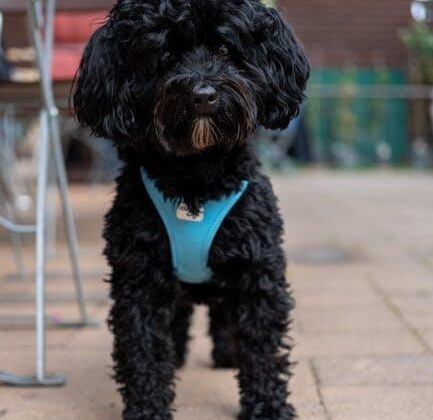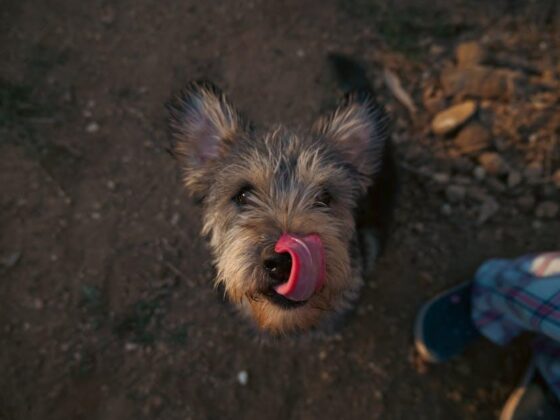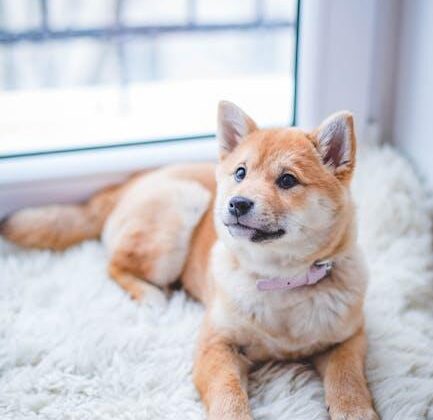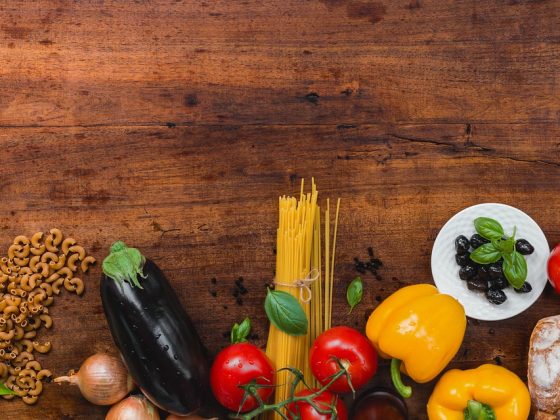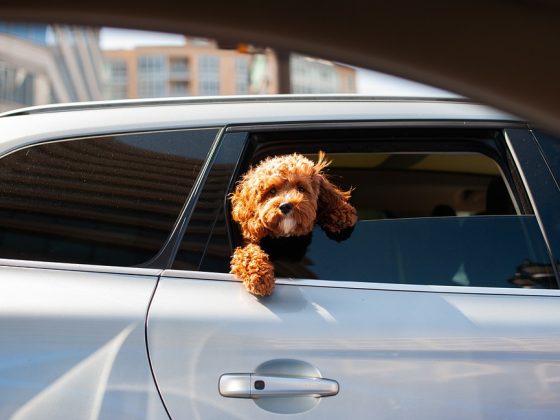Welcome to teh Ultimate guide to Puppy Care: Tips for New Pup Parents! 🐾
Hey there, future dog mom or dad! Congrats on making the big decision to invite a furry bundle of joy into your home! Whether you’ve just brought home a wiggly little ball of fluff or you’re still dreaming about what breed will steal your heart, we’ve got you covered. Raising a puppy is like embarking on a wild, furry adventure filled with endless joy, boundless energy, and—let’s be real—some occasional chaos.But don’t worry, we’re here to help you navigate the puppy parenting journey like a pro. In this ultimate guide, we’ll dish out all the tips, tricks, and secrets you need to help your new pup thrive while keeping your sanity intact. so grab a cup of coffee (or maybe a dog treat!), and let’s dive into the wonderful world of puppy care! 🐶✨
Getting Started with Your new Pup: Essentials You Need to Know
Bringing a new pup into your home is an exciting adventure, and it’s crucial to be prepared. Start by gathering all the essentials your furry friend will need. Consider investing in the following items:
- Food and Water Bowls: Opt for sturdy, easy-to-clean options.
- High-Quality Puppy Food: Choose a vet-recommended brand to support growth.
- Collar and Leash: A comfy collar and a secure leash for those walks.
- Sleeping Area: A cozy bed or crate to help your pup feel safe.
- Toys: Chew toys, balls, and interactive toys for mental stimulation.
besides the basics, you'll also want to familiarize yourself with the routine care your pup requires. Regular vet check-ups, vaccinations, and socialization are key to a happy, healthy dog. consider maintaining a handy table to track critically important dates:
| Task | Frequency |
|---|---|
| Vet Check-ups | Every 6-12 months |
| Flea and Tick Prevention | monthly |
| Vaccinations | As recommended |
| Grooming | Every 4-8 weeks |
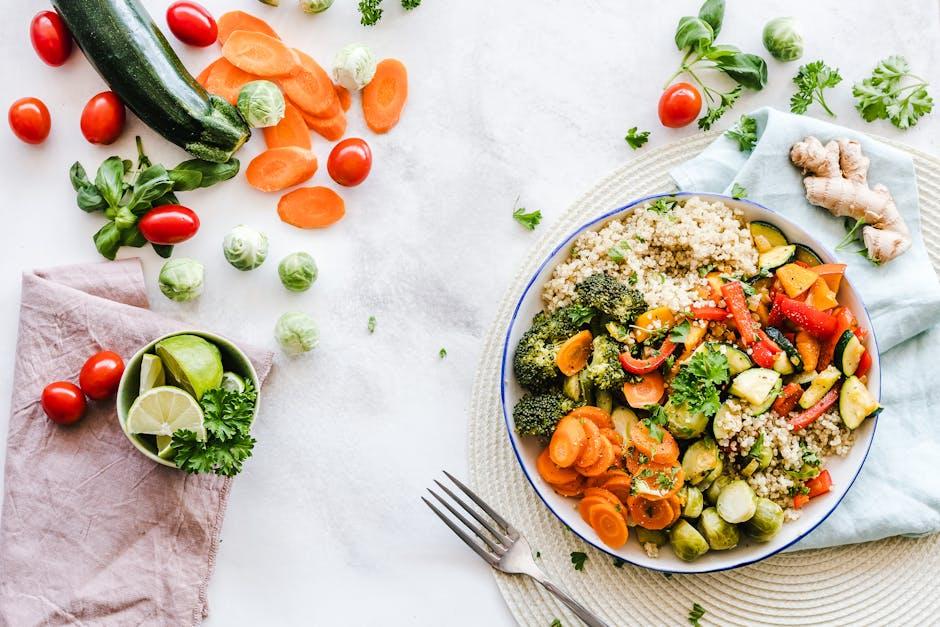
Nutrition 101: Feeding Your Puppy Right for a Healthy Start
When it comes to your puppy's nutrition, the journey begins with high-quality food that supports their growth and growth. Look for options that list real meat as the first ingredient and contain no fillers like corn or soy.Puppies have unique dietary needs that differ from adult dogs,so it’s important to choose a formula specifically tailored for their age.Consider including the following in your puppy's diet:
- Balanced protein sources,such as chicken,beef,or fish
- Healthy fats,like omega-3 and omega-6,for brain development
- Essential vitamins and minerals to support immune function
- Digestible carbohydrates for energy,such as sweet potatoes or brown rice
When feeding your pup,portion control is crucial to prevent unwanted weight gain. Use a reputable puppy feeding chart to help guide how much to give based on their weight and breed. Additionally, be mindful of the transition from puppy food to adult food around their first birthday—this ensures they receive the right nutrients at each life stage. Here’s a simple guideline for feeding times:
| Age | Daily Feeding Frequency |
|---|---|
| 8-12 weeks | 4 times a day |
| 3-6 months | 3 times a day |
| 6-12 months | 2 times a day |
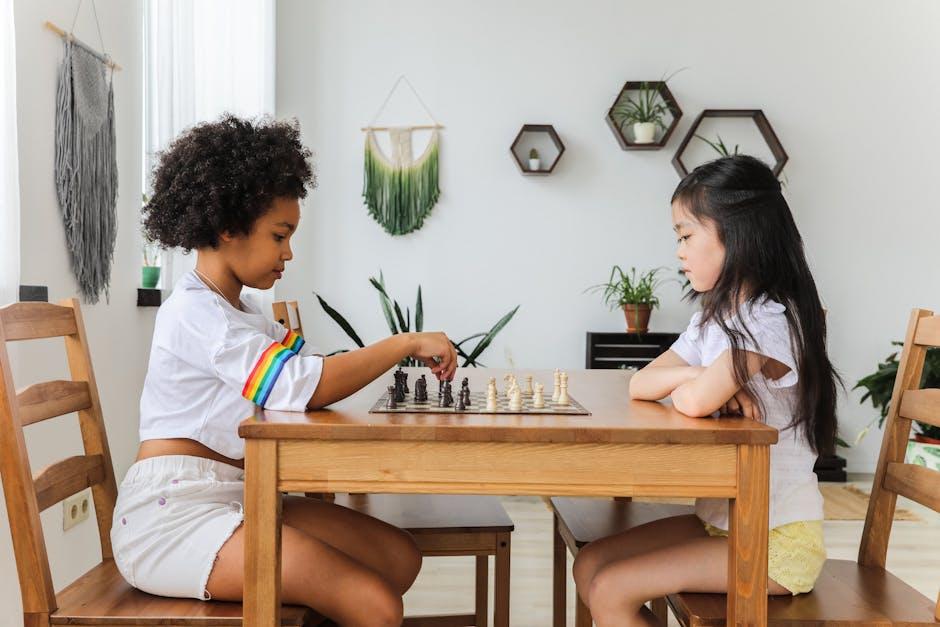
Training Tips for a Well-Behaved Fur Baby
Training your furry friend is essential for creating a happy home habitat. Puppies thrive on routine and positive reinforcement, so establish a consistent schedule for feeding, potty breaks, and training sessions. Remember, patience is key! Start with simple commands like “sit,” “stay,” and “come.” Use treats or their favorite toy as rewards to keep them motivated.Make training fun by incorporating playful activities and short sessions, as puppies have short attention spans. Celebrate small victories; a little praise goes a long way in building their confidence!
Socialization is also crucial to help your pup become well-rounded. Expose them to different environments, people, and other animals safely. Consider these tips for triumphant socialization:
- Organize playdates with other dogs.
- Visit pet-friendly parks or events.
- Introduce them to various sounds, surfaces, and smells.
Keep in mind that every puppy is unique, and it might take some time before they grasp the concepts you're teaching. Consistency, love, and understanding will nurture their development into a well-mannered companion you can be proud of!
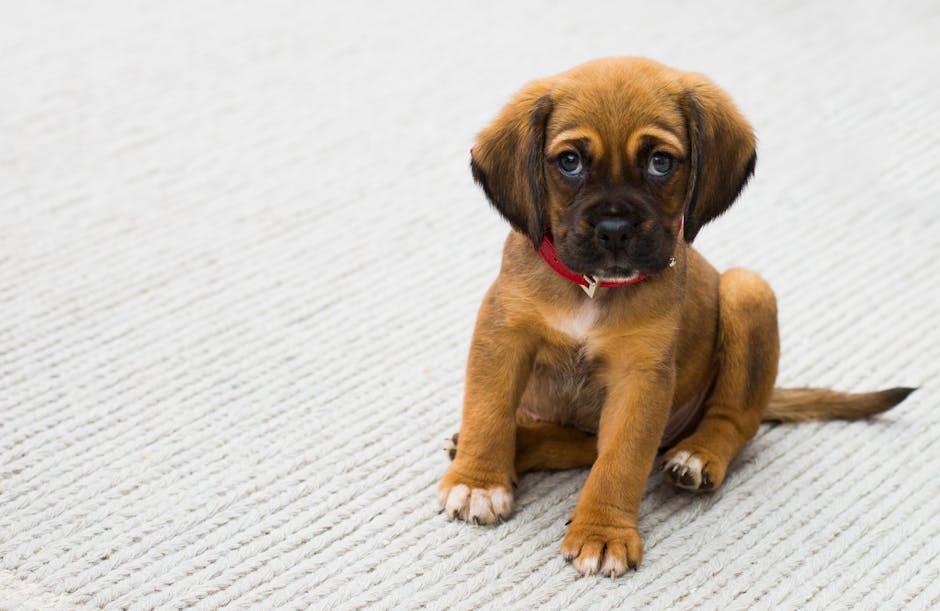
Keeping Your Puppy Happy and Healthy: Playtime and Socialization Secrets
One of the best ways to ensure your furry friend stays happy and healthy is to incorporate regular playtime into their routine. dogs are natural explorers and thrive on mental stimulation, wich can be provided through various forms of play.Here are some fun activities to keep your pup occupied:
- Fetch: Classic yet effective! Use a ball or a favorite toy.
- Tug-of-war: A great way to bond and get some energy out.
- Obstacle courses: set up a mini course with household items.
- Hide and seek: A fun game that reinforces their recall skills.
Socialization is just as crucial for your puppy’s development as playtime.Exposing them to various environments, people, and other dogs can definitely help them grow into a well-adjusted adult. Consider creating a socialization schedule to keep things simple and organized. Here’s a handy table to give you ideas on when and where to socialize your puppy:
| Day | Activity | Location |
|---|---|---|
| Monday | Playdate with another puppy | Local park |
| Wednesday | visit a pet-friendly café | Neighborhood |
| friday | Group training class | Training facility |
Incorporate a variety of experiences and settings to help normalize new situations for your pup. Remember, a well-socialized puppy is more likely to develop into a confident and happy adult dog, so get out there and start exploring together!
Q&A
Ultimate Guide to Puppy Care: Tips for New Pup Parents!
Q&A
Q: What's the first thing I should do when I bring my puppy home?
A: Grab the puppy-proofing supplies! Before your new furry friend arrives, make sure your home is safe. Put away anything that could be harmful (like toxic plants, electrical cords, and those favorite shoes of yours). Set up a cozy spot with a bed, some toys, and fresh water. You want to make your pup feel right at home!
Q: How frequently enough should I feed my puppy?
A: Feeding schedules can depend on your puppy’s age. Generally, little ones (under six months) need to eat about three to four times a day. As they grow, you can reduce it to two meals. Check with your vet for specific recommendations based on your pup’s breed and size!
Q: What’s the best way to socialize my new puppy?
A: Socialization is super important! Start by introducing your furry friend to different environments, people, and other pets. Puppy classes or playgroups are fantastic options; just make sure they’re fully vaccinated first. Remember, the more positive experiences they have now, the more confident they’ll be later!
Q: When should I start training my puppy?
A: The earlier, the better! You can start basic training as soon as you bring your puppy home. Just keep sessions short and fun! Use positive reinforcement—like treats and praise—to encourage good behaviors. It’s all about making it a positive experience for them!
Q: How do I handle those pesky puppy bites?
A: Ah,the famous puppy bite! Instead of scolding,redirect their energy. offer a toy instead; they need to learn what’s appropriate to chew. If they get too nippy, let out a high-pitched squeal (like their siblings might do) and stop playing for a while. They’ll learn that biting means playtime is over!
Q: Do puppies really need a lot of exercise?
A: Yes, indeed! puppies are bundles of energy and need daily exercise tailored to their age and breed. This could be anything from playtime in the backyard to short walks around the block.It’ll help them burn off energy and stay mentally stimulated!
Q: How often should I take my puppy to the vet?
A: Puppy wellness visits are important! Generally, you’ll want to schedule trips to the vet for vaccinations and check-ups every few weeks during their first year. Start as soon as you bring them home so they can get a clean bill of health and a good vaccine schedule set up!
Q: What's the deal with puppy-proofing my house?
A: Puppy-proofing is like child-proofing but for your furry friend! Make sure all hazardous items are out of reach (think cleaning supplies, human food, and small objects they could choke on). Consider using baby gates to section off parts of your home, and always supervise their explorations!
Q: What are some must-have supplies for new puppy parents?
A: Here’s a speedy shopping list to get you started: a comfy bed, food and water bowls, high-quality puppy food, chew toys, a collar and leash, and some puppy training pads (or plan for outdoor potty breaks!). You might also want some flavorful treats for training sessions!
Q: Any final tips for new puppy parents?
A: Enjoy every moment! Puppies grow up fast, so take the time to bond, play, and train. Patience is key—there will be accidents and challenges along the way,but with love and consistency,you'll both figure it out. Happy puppy parenting! 🐶❤️
Got more questions? Drop them in the comments and let’s chat about your adorable new buddy!
In Summary
And there you have it, pup parents! 🎉 You've journeyed through the ins and outs of puppy care, armed with tips, tricks, and a whole lot of love. Remember, every wag, bark, and clumsy tumble is all part of the package when you welcome a furry friend into your life.
Embrace the messiness and the giggles, and don’t forget to take lots of pictures—those puppy antics will melt your heart for years to come! 🥰 Whether you’re navigating potty training, choosing the right toys, or deciding on the perfect diet, just know you’re doing an amazing job.
So,go ahead and cuddle that pup like there’s no tomorrow.And when in doubt, trust your instincts; after all, you’ve got this furry bundle of joy relying on you! If you found this guide helpful, feel free to share it with your fellow dog-loving friends. Until next time,happy puppy parenting! 🐾💕🐶

